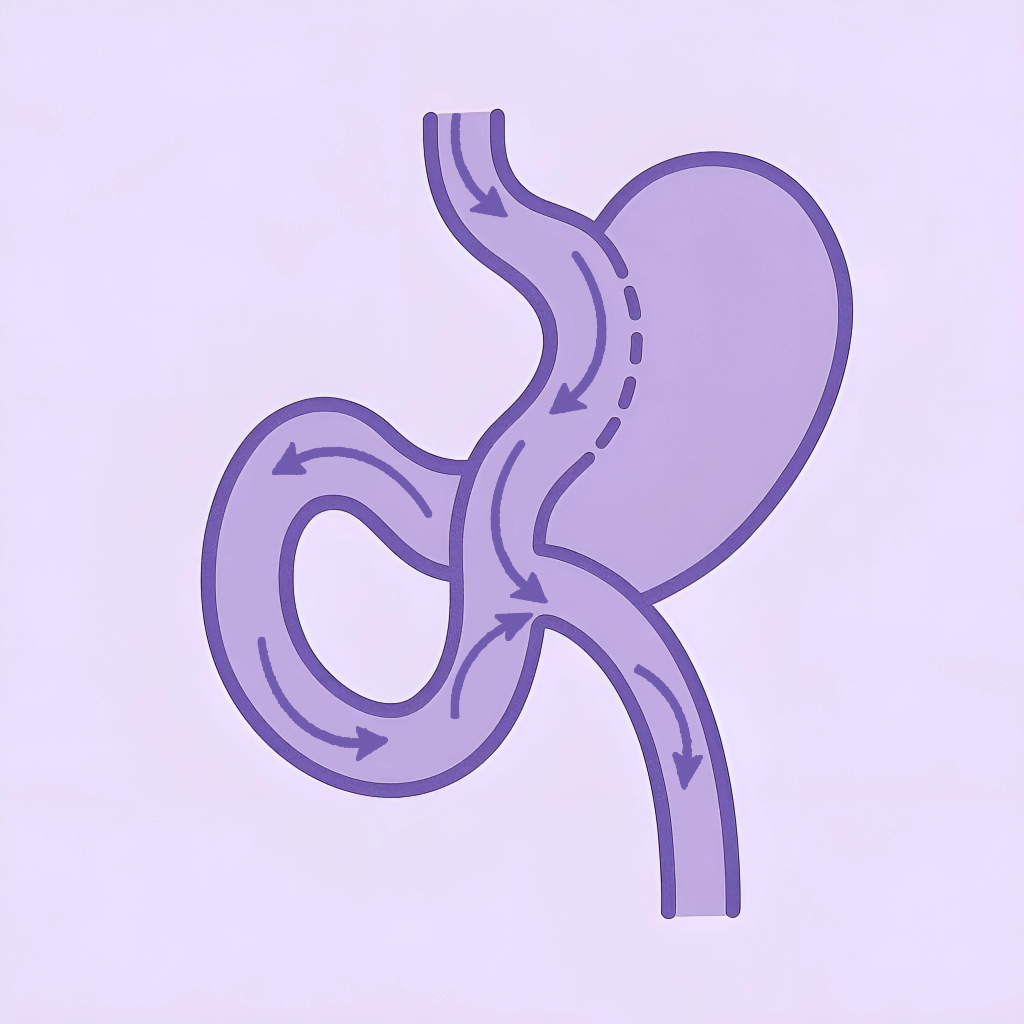Cirugía Antirreflujo







La cirugía antirreflujo es un procedimiento para tratar el reflujo ácido crónico (ERGE), evitando que el ácido gástrico fluya hacia el esófago.
Descripción General
La cirugía antirreflujo, o funduplicatura, se realiza para tratar la enfermedad por reflujo gastroesofágico (ERGE), una condición en la que el ácido gástrico fluye frecuentemente hacia el esófago, causando acidez, regurgitación e irritación. Esta cirugía refuerza el esfínter esofágico inferior (EEI), evitando que el ácido escape del estómago.
El procedimiento más común es la funduplicatura de Nissen, en la cual la parte superior del estómago se envuelve alrededor del esófago para fortalecer el EEI. Otras variaciones, como la funduplicatura de Toupet o Dor, pueden ser utilizadas según la condición del paciente. La cirugía se realiza típicamente mediante un enfoque mínimamente invasivo laparoscópico para una recuperación más rápida.
¿Cuándo se recomienda la cirugía?
Este procedimiento es frecuentemente elegido por pacientes que dependen de medicamentos supresores de ácido a largo plazo, experimentan reflujo frecuente a pesar del tratamiento o sufren de reflujo nocturno que afecta el sueño y la calidad de vida. También es beneficioso para individuos con hernias hiatales que contribuyen a los síntomas de reflujo.
La cirugía antirreflujo se recomienda para individuos con ERGE severa, acidez crónica o regurgitación que no responden a medicamentos ni a cambios en el estilo de vida. Es necesaria cuando los síntomas de reflujo causan complicaciones como esofagitis, esófago de Barrett o dificultad para tragar.
Detalles del Procedimiento
La cirugía antirreflujo refuerza el esfínter esofágico inferior envolviendo el estómago alrededor del esófago para prevenir el reflujo ácido.
Se administra anestesia para la comodidad del paciente.
Se realizan pequeñas incisiones para la cirugía laparoscópica, o se utiliza una incisión más grande para la cirugía abierta.
La parte superior del estómago se envuelve alrededor del esófago (funduplicatura total o parcial).
El envolvimiento del estómago se asegura para reforzar el esfínter esofágico inferior.
Las incisiones se cierran y comienza el monitoreo postoperatorio.
Recuperación
La recuperación de la cirugía antirreflujo suele ser rápida, y la mayoría de los pacientes retoman sus actividades normales dentro de una a dos semanas. Algunos pueden experimentar dificultad temporal para tragar, distensión abdominal o molestias leves, que típicamente mejoran en unas pocas semanas.
Ofrecemos cuidados postoperatorios personalizados, que incluyen ajustes en la dieta, reintroducción gradual de alimentos sólidos y monitoreo de seguimiento para asegurar una cicatrización adecuada. Se recomienda a los pacientes comer porciones más pequeñas, evitar bebidas carbonatadas y limitar los alimentos ácidos para apoyar el éxito a largo plazo.
Tiene preguntas sobre su tratamiento?

Preguntas Frecuentes
Encuentre respuestas a consultas comunes
Necesita soporte personalizado?
Envíenos un mensaje por WhatsApp para obtener una respuesta rápida; respondemos en minutos
En qué tipos de procedimientos quirúrgicos se especializa el Dr. Gül?
Qué factores convierten a Turquía en un destino de referencia para procedimientos quirúrgicos?
Cuál es el tiempo de recuperación habitual para la mayoría de las cirugías?
Qué procedimientos bariátricos ofrece la clínica?
Cuánto peso se espera perder después de una cirugía bariátrica?
Qué idiomas habla el Dr. Gül y su equipo?
Será necesario tomar suplementos después de la cirugía bariátrica?
Cubren los seguros estos procedimientos?
Es posible combinar el tratamiento con un viaje a Turquía?
Qué tipo de soporte postoperatorio está disponible?
Nuestra experiencia

Manga Gástrica
La gastrectomía en manga es un procedimiento bariátrico mínimamente invasivo que consiste en la resección de aproximadamente el 80% del estómago

Bypass Gástrico Mini
Simpler, less invasive gastric bypass for significant weight loss and diabetes control.

Balón Gástrico
El balón gástrico es un procedimiento no quirúrgico y temporal para la pérdida de peso que consiste en colocar un balón suave e inflable en el estómago para reducir el hambre y limitar la ingesta de alimentos.
Siga al Dr. Gül en Instagram





